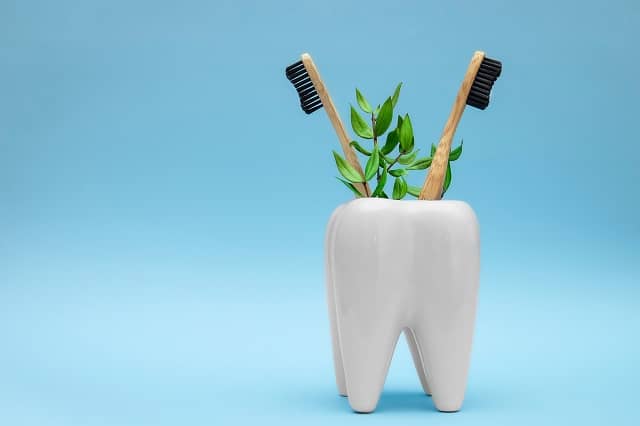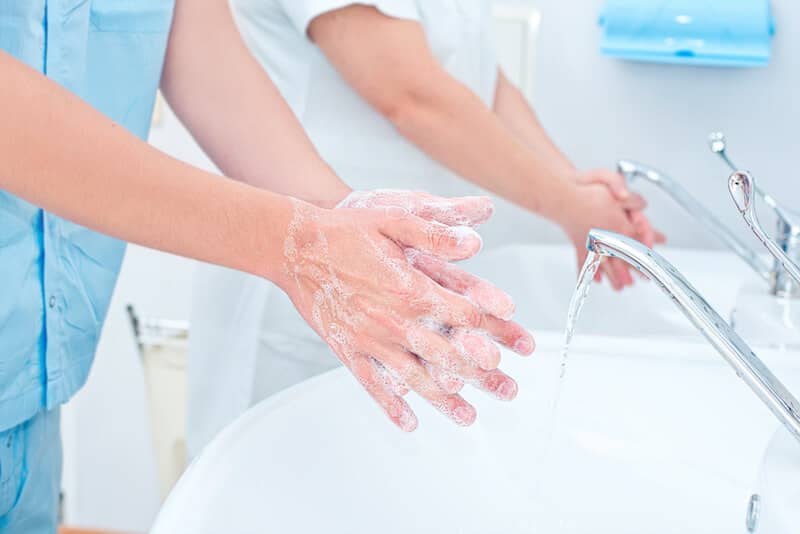Pregnancy is such an exciting time indeed and the joy it brings is beyond imaginable. But one must admit the aches and discomforts that come with it can be a bit of a challenge. Like many expectant mothers, you can anticipate the all-too-familiar morning sickness, back pains, acid reflux, swollen feet and even mood swings.
Toothaches and other gum problems are also common when you’re expecting. While these symptoms are usually temporary, they may cause serious dental problems long after you give birth if left untreated.
Causes and symptoms of toothache when pregnant
During pregnancy your body is on a roller coaster ride as it goes through hormonal and physiological changes that help in your baby’s development. The sudden rise in estrogen and progesterone levels in your body that are needed to support pregnancy can also adversely affect your oral health.
Here are some conditions that you may develop during pregnancy that can cause pain in teeth and gums:
- Pregnancy gingivitis – high progesterone levels during pregnancy increases your chances of developing a hyper-reactive response to bacterial plaque that could cause “pregnancy gingivitis,” a mild form of gum infection characterised by inflamed, receding and easily bleeding gums as well as pain when chewing.
- Pregnancy tumours – hormonal changes can also cause pyogenic granulomas or “pregnancy tumours” in gums. These are lesions filled with blood vessels that cause frequent bleeding and pain. They’re non-cancerous and usually disappear after delivery, so don’t be overly alarmed if you get one.
- Unhealthy food cravings – food craving usually happens in your first trimester. If you binge on food with high carbohydrates or sugar content, you will be prone to tooth decay or cavities that cause toothaches, teeth sensitivity and potential tooth loss.
- Enamel-eroding acids from morning sickness and heartburn – vomiting and heartburn are also common among pregnant women. Acid in your vomit and acid reflux can erode your teeth’s protective enamel causing teeth sensitivity.
- Dry mouth syndrome – Xerostomia or lack of saliva in your mouth is also one of the effects of hormonal changes during pregnancy. Saliva helps prevent the build up of bacteria in your mouth. If you’re unable to produce enough saliva, chances are you’ll get tooth decay, gingivitis and mouth ulcers.
Treatment and home remedies
Here are some treatment tips and home remedies if you suffer from toothaches, sore gums, mouth pains and toothache when pregnant:
Visit your dentist and oral health therapist regularly.
For optimal oral health, consult your dentist and oral health therapist before, during and after pregnancy. They assess your condition, provide proper treatment and perform necessary procedures at appropriate stages in your pregnancy. Routine dental cleaning and dental X-rays are not harmful to your baby and can be done anytime during pregnancy. If you need to undergo procedures that require general anaesthesia (e.g. root canal, dental fillings), they may affect foetal development during your first trimester, so talk to your dentist about when it’s safest to do them.
Maintain good oral hygiene.
An ounce of prevention is worth a pound of cure. Keep your teeth and gums healthy by brushing with fluoride toothpaste at least twice a day, flossing or cleaning in between teeth daily and using alcohol-free mouthwash. This prevents plaque build up that can cause gingivitis and tooth decay.
Rinse your mouth after vomiting.
Avoid brushing immediately after a bout of morning sickness as acid in your vomit can strip away the protective enamel of your teeth and brushing can only make it worse. Instead, rinse your mouth using a cup of warm water mixed with a teaspoon of baking soda and brush after an hour or so.
Eat a balanced and healthy diet.
Keep your cravings at bay and avoid overindulging in sugary and carb-loaded foods. Snack on healthier alternatives such as fresh fruits, vegetables, yogurt and whole-wheat crackers. If you have dry mouth, drink plenty of water or chew on sugarless gum to stimulate saliva production.
Give yourself and your baby the gift of good health
The best gift you can give to your unborn child is a healthy body to support its overall health and development. This is why the Australian Dental Association recommends that your prenatal care also includes regular visits to your dentist and oral health therapist. Good oral health in pregnancy leads to good oral health in babies. Contact our team of dental professionals at Coburg Hill Oral Care by calling (03) 9041 5301 to find out how we can support you and your baby.





